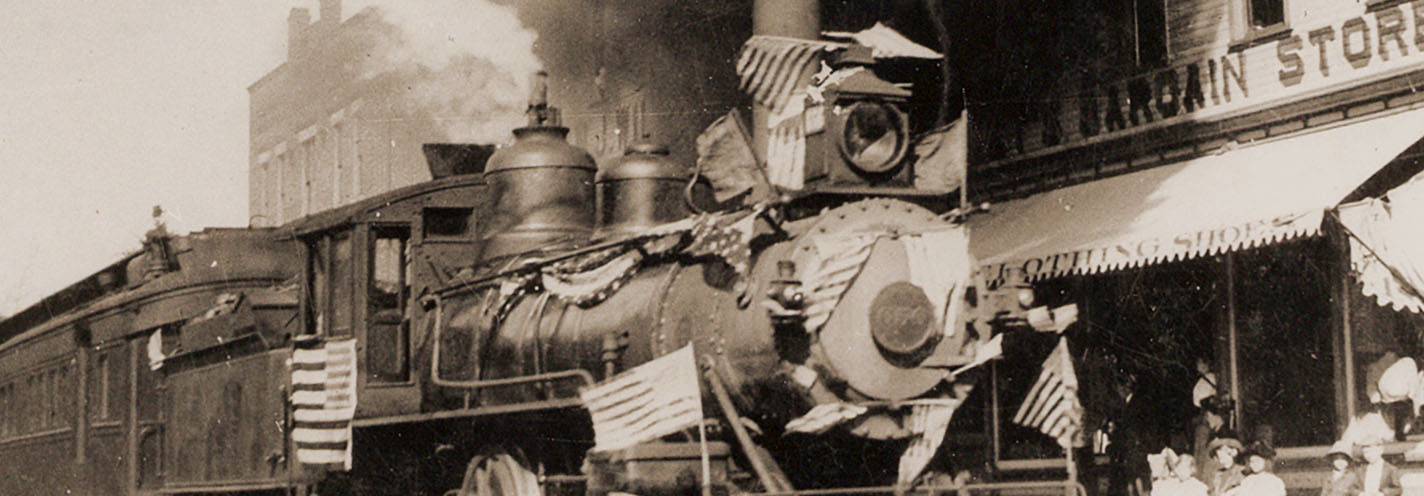The Gilded Age saw the first monumental rise in big business in America. As new business practices developed, the timing was ripe for a new generation of entrepreneurs and America’s first generation of homegrown billionaires.
1. Andrew Carnegie, $372 billion
Scottish-born steel tycoon Andrew Carnegie became the richest of America’s Gilded Age billionaire-philanthropists. After selling Carnegie Steel Corporation to JP Morgan, he devoted the rest of his time to philanthropic endeavors, including education with a special emphasis on libraries and scientific advancement.
2. John D. Rockefeller, $340 billion
This Standard Oil tycoon died almost three times richer than the current richest man in the world (when adjusted for inflation) and his family remains one of the wealthiest in the country to this day. After his initial financial success, Rockefeller became and an avid investor and active philanthropist, in true Wildcatter form.
3. Cornelius Vanderbilt, $215 billion
When Cornelius made his fortune in the shipping and railroad industries, he established his family as one of the powerful elite for generations to come. At once the wealthiest family in the country, the Vanderbilts were known for their extravagant summer homes (including our favorite travel destination: The Biltmore Estate) and were also engaged in large scale philanthropy.
4. Andrew Mellon, $50.5 billion
While Thomas Mellon was the patriarch of this powerful family, his son Andrew multiplied his fortune and built a vast business empire through a variety of successful ventures, including banking, shipbuilding, and even whiskey distilling. Later in life, he became active in politics and philanthropy.
5. Henry Clay Frick, $39.3 billion
Frick’s business interests were varied, and he played a big role in the transformation of business practices in the manufacturing, transportation, and steel industries at the end of the 19th century. With his amassed fortune, Frick spent his late days collecting upscale residencies and an epic collection of modern art, which were converted into public museums and collections upon his death.
6. John Pierpont Morgan, $38 billion
JP Morgan is still a main player in the financial scene to this day, and its founder made bold business moves that still affect the way we do business. He facilitated many corporate mergers, including most famously General Electric, and dominated the corporate finance scene during this time of rapid industrialization.


